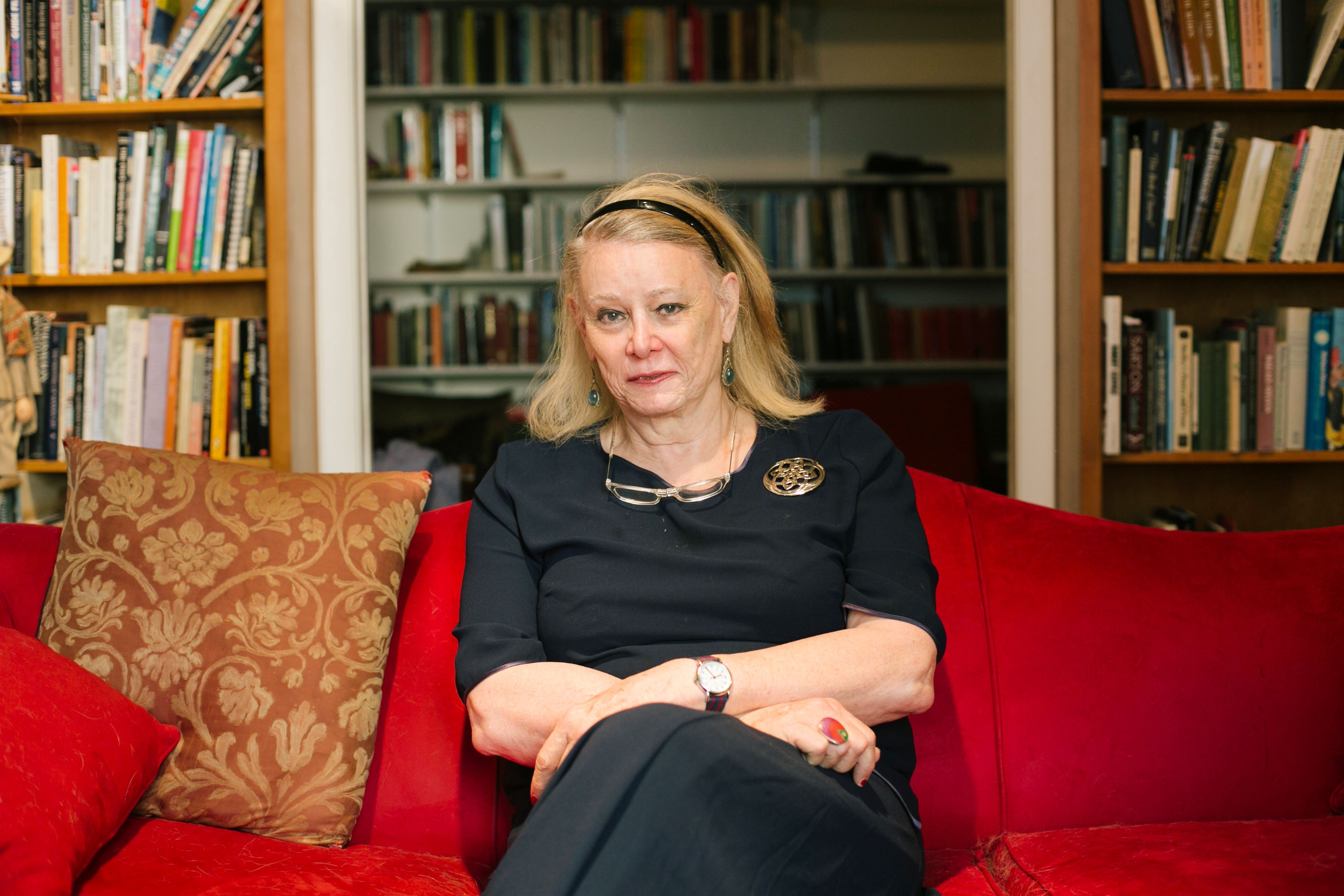
The poet and Latinist A. E. Housman issued his
Last Poems in 1922, but he kept on writing, and in the year of his death, 1936, his brother published
More Poems. Perhaps this will be my Last Replies here about ideas, institutions, and the Great Enrichment. Or maybe there will be More—not, I hope, after I’m dead.
When I read Don Boudreaux’s contributions to this colloquy, such as his own Last, I find myself nodding my head, and thinking, “What a good point!” For example, he notes that “ideas prevalent on the ground in many developing countries,” such as ideas about what sorts of things should be traded (e.g. not land), “make it very difficult to transform land titles into collateral.” Bingo. Such ideas are not easy to change, as one can see in the persistence down to the present of mercantilist or populist ideas against betterment by trade or innovation, as for example in the writings of Robert Reich or John Gray. The difficulty of changing prevalent ideas is one reason why the Industrial Revolution and especially the more significant Great Enrichment following was a one-off event.
I think Joel would agree. The book he is working on, which we all want to see drafts of, traces what he calls the Industrial Enlightenment back to improvements in the conversation of the Republic of Letters and before, a rhetorical event unique (he and I would claim) to Europe in the seventeenth century, and before. I make a similar point, with less depth, in Part VI of Bourgeois Equality. I would add, though, that we both, Joel and I, need to find more comparative evidence. I worry that our celebration of the better rhetoric of Europe as a cause of the modern world may yet founder on evidence-still-to-be-found that, say, China also had periods of Republican Letters. Or South Asia, usefully fragmented as it often was.
But back to the contrast with my reading of Don’s contributions. What is odd is that when I read Joel’s and John’s contributions here I do not nod my head with approval. These are two scholars I admire extravagantly (as can be judged by the frequency with which I steal their ideas—properly footnoted, of course). And in this forum I have admitted the truth of many of their points, especially when backed by evidence. “Yes,” I say, “admitted: if institutions are very bad, then ideas get choked off, and so does growth. A war of all against all is not good for business. That’s the scheme in Acemoglu and Robinson, to find cases in which institutions are very bad, and then to infer from the cases assembled that institutions (alone) are necessary for growth.”
Yet I do not nod in agreement. Instead I find fault in what Joel and John say, at any rate here, where we are exploring rather fine points of difference among four scholars who pretty much agree. I refrain from nodding not because I want to—out of, say, political disagreement, which is not what is going on here, not at all—but because, reluctantly, I do find faults in their logic and evidence, at any rate on the fine points.
Why? One reason is that Joel and John have not quite escaped, I think, as Don has, from a positivist, behaviorist, Samuelsonian definition of what is a respectable scientific argument in economics or economic history. (Understand, in case you have not heard, that I do not regard positivist, behaviorist, or Samuelsonian as terms of praise.) To put it another way, they doubt humanistic evidence. I could go on (and on and on) about the point, but I’ll leave it at that for now.
Another reason for my lack of affirmative nodding is that Joel and John have not really taken on the idea that ideas can matter independent (sometimes) of incentives. They say they have taken it on, but then they keep falling back into arguments that say that Institutions (let’s symbolize them by N, since the other term, Ideas, also start with an I) suffice for growth (G): {N} => G, [Good] Institutions imply [Positive] Growth. That is, they are denying what Don and I have come to believe, on the basis of masses of positivist, behaviorist, and Samuelsonian evidence, but also on the basis of the humanistic testimony of plays, novels, philosophy, biography, and ordinary human experience, namely, that [N is Institutions, D is Ideas, remember] {N and D} => G. The Ideas, D, are to be thought of as “sound, pretty favorable ideas about markets and betterment.” Likewise, the Institutions, N, are to be thought of not as perfect but as pretty good. (The rhetoric of “pretty good” comes from a brilliant book in 1999 by the political scientist now at Ohio State, John Mueller, Capitalism, Democracy, and Ralph’s Pretty Good Grocery [Princeton: Princeton University Press].)
Here’s the problem. Joel and John seem on odd days of the month to believe in the North-Acemoglu pre-judgment that {N} => G. No Ideas. Joel calls the ideas Culture, which is the vague way that people talk when they have not taken on board the gigantic and exact literature about rhetoric, ideology, ideas, ceremonies, metaphors, stories, and the like since the Greeks or the Talmudists or the Sanskrit grammarians,
(Please, Joel, don’t reply again that Doug North and Avner Greif do admit the force of ideas in their stories. Well, I’m not quite sure about Avner in this regard—I disastrously forgot an appointment with him some months ago to go to dinner in Chicago and get down to discussing ideas in detail; he is quite properly sore at me about it; I need to do more homework. But I am quite sure of Doug. In his Understanding the Process of Economic Change [Princeton University Press, 2005] he says he is very interested in the source of ideas. Good. But instead of entering the humanistic conversation since the Epic of Gilgamesh, which has largely been about the source of ideas, he defers to “brain science” [about which, it must be said, he knows very little]. That is, Doug reduces Ideas to Matter, and to the mechanical incentives surrounding Matter, every time. He takes the brain to be the same thing as the mind, which after all is the central error in the New Phrenology known as brain science. [If you, dear reader, want to know more about what’s wrong with Doug’s ideas about ideas, read Chapter 33-36 in Bourgeois Dignity. You, too, Joel].)
Anyway, if one believes that {N}=> G, then it follows that not-G implies not-N, and the hunt is on for Institutions that failed, and kept nations failing. But if one believes that {N and D} => G, as Don has persuaded me to believe, and as Joel’s and John’s interesting examples here have helped me to see more clearly, then it follows that the failure to grow (not-G), implies either not-N (those bad institutions) or not-D (the bad ideas), or both. (This logical point in the philosophy of science is known as Duhem’s Dilemma, and kills off the simple Friedman-Samuelson falsificationism underlying modern econometrics.) If so, then the hunt is on for either bad institutions or bad ideas, with no presumption that the bad-idea possibility is somehow less of a scientific priority. I recognize the impulse to stick with Max-U version of Institutions as the first on the agenda, since I used to say the same thing to people like David Landes: “First, let’s use total factor productivity; then, if there’s anything left over, we can look at the correspondence of ironmasters.” I never intended to look at the correspondence, and did not, to my shame. Samuelsonian economics, I thought, sufficed. So here. (To the claim that Northian institutionalism steps beyond Samuelsonian economics, I say, as I’ve been saying to Doug now for thirty years, puh-leez!)
To turn to John’s Last. Of course inventions can be free ridden upon, which is why it is irrational for a small country to invest in R&D, especially R. But my point, which John in turn don't seem to acknowledge, is: What kind of failure is it when southern England shared in the failure? True, Holland didn't continue its leading role in, say, science, that it had attained in the Golden Age; nor, I think, in mechanical invention; and perhaps not in institutional invention, either, such as the East India Company (Holland's private version, Vereenigde Oostindische Compagnie, went bankrupt in 1800), although Holland did still invest vigorously overseas. But neither did Cambridge and London have a lot going on in such matters c. 1800. Regions specialize, and not always through "failure." (I've been making this point all my scholarly life, so you see why I repeat it.) What was bizarre was what was happening in the English North and in Scotland, and there the ideology did match. They don't call it the "Manchester School" for nothing.
The option of removing materialist obstacles might be open—though note that it seldom has worked very well without massive ideological change preceding—I mention Ataturk again, to which one could add Adenauer. Removing tariffs, for example, might be thought of as a materialist change. But the removing is not merely to be called up by economists, of course. The removing happens—as it seems to have in India—after the ideology changes, as when German Ordo Liberals (who were talking this liberal way in the 1930s, to no avail) take charge in post-War Germany after the occupation was lifted (the British, by then persuaded socialists, mainly, resisted the liberalizing moves in their sector).
Ideology may not have to change in a world in which politics doesn't matter, or in which politicians take the advice of [the right kind of] economists without question. But in our world the ideology had better change, or else the materialist policies (e.g., sending lots of kids to engineering schools) won't be sustained, and won't be matched by other policies in depth that make the matter bear fruit (e.g., letting high tech flourish in Bangalore without the License Raj interfering). Or, worse: Raul Prebisch will take over the ideas, just as LSE socialism took over India at Independence.
John’s commitment to I-first shows in his peroration: “I still insist that a truly strong case for the importance of ideas should be more persuasive to the unconvinced, and I don’t believe we are there yet.” I invite him to read Bourgeois Equality, which I will make available to him in draft. Or, at less cost in time, he could read anything by Don Boudreaux.


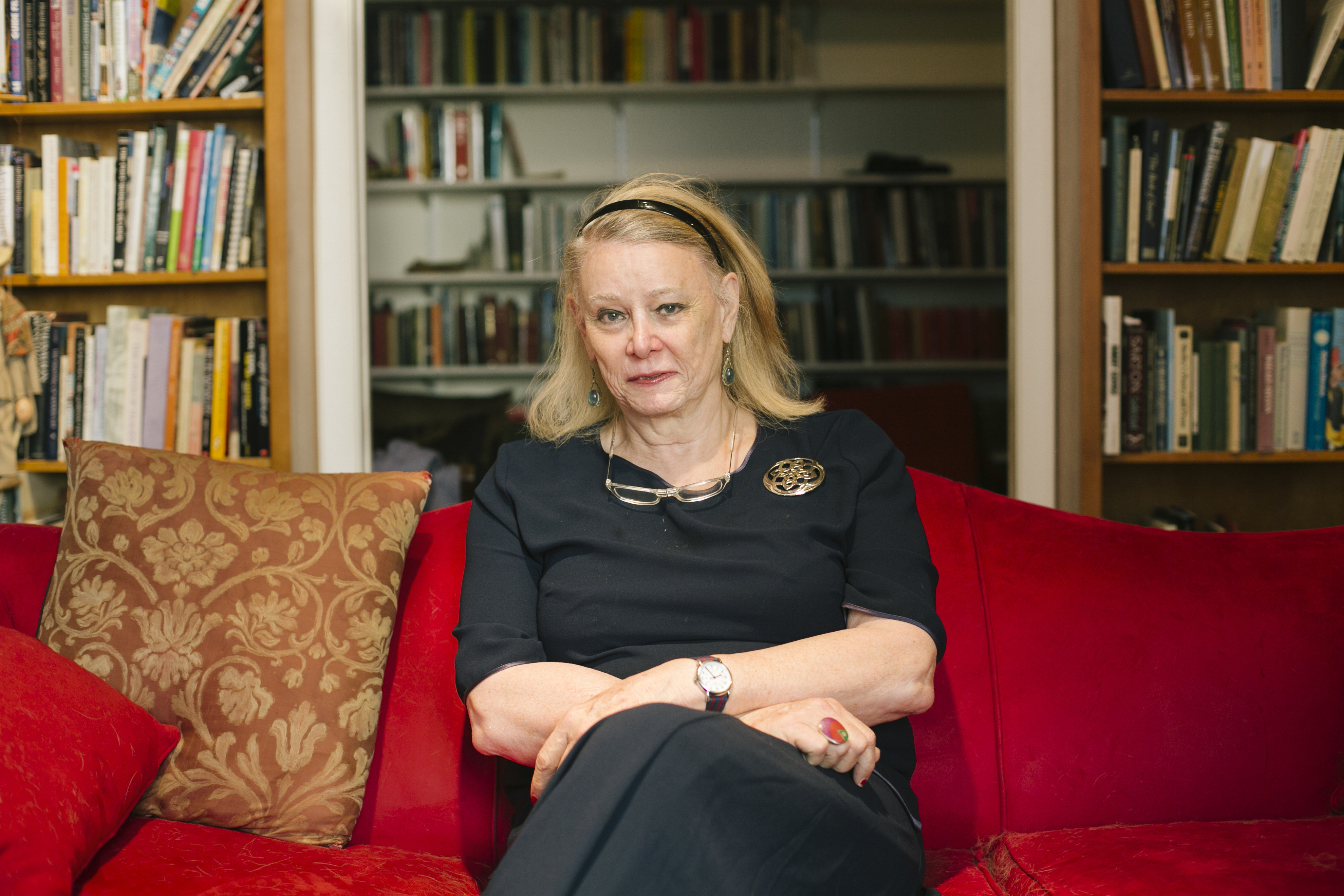
 In their eloquent responses to my lead essay, both Joel Mokyr and John Nye say little with which I disagree. (My apologies to readers who are hoping for a tense, take-no-prisoners intellectual ink-bath.) The only claims worth disputing with any vigor are Joel's charges that Deirdre, in explaining the industrial revolution, "rejects the notion that 'institutions' mattered," and that I accept such a rejection of the significance of institutions.
In their eloquent responses to my lead essay, both Joel Mokyr and John Nye say little with which I disagree. (My apologies to readers who are hoping for a tense, take-no-prisoners intellectual ink-bath.) The only claims worth disputing with any vigor are Joel's charges that Deirdre, in explaining the industrial revolution, "rejects the notion that 'institutions' mattered," and that I accept such a rejection of the significance of institutions.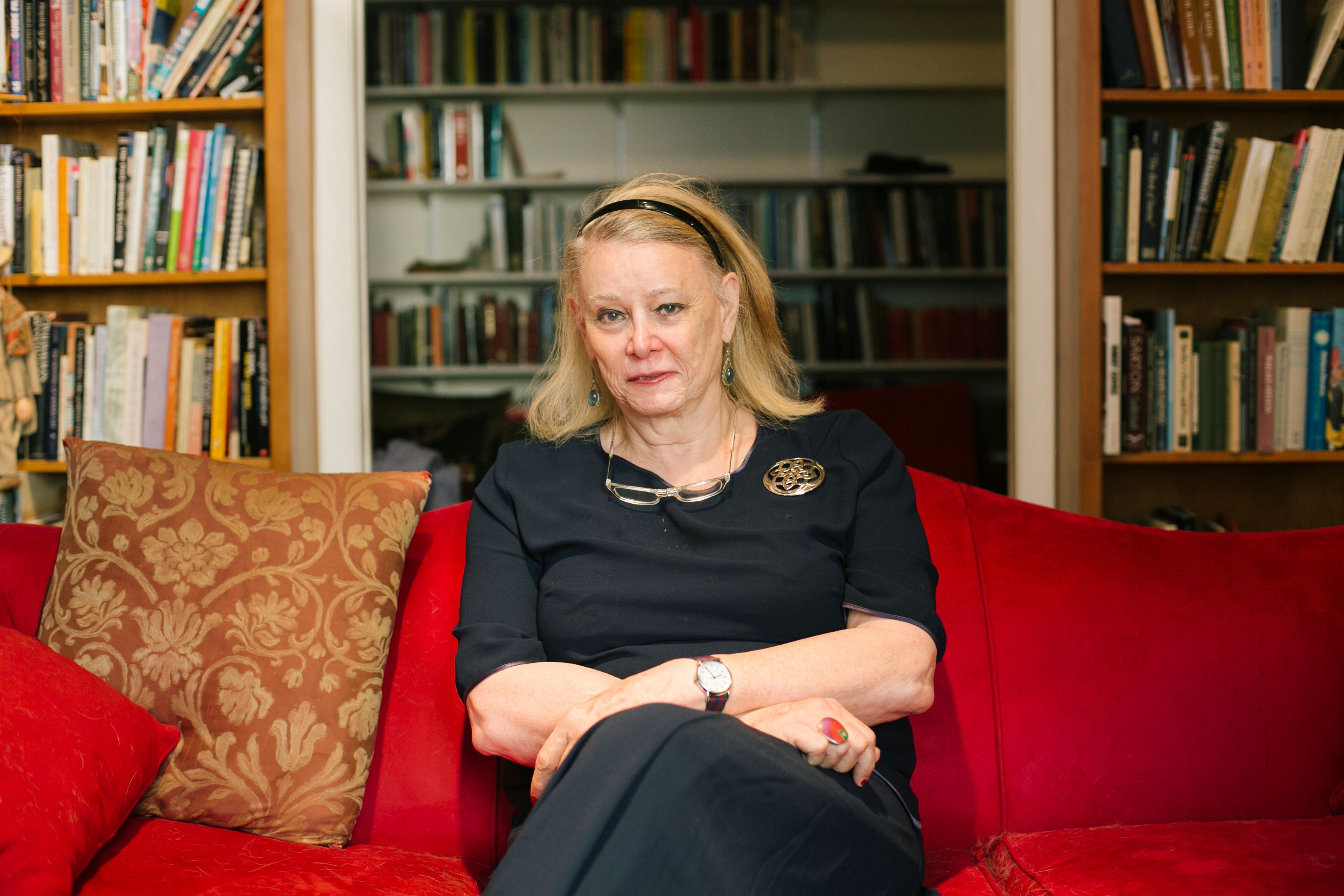 These are all my dear friends, and so I am not going to adopt the convention of referring to them as Professors X and Y. They are Don, Joel, and John to me, close allies in most of our scientific projects, and in many of our personal ones, too. When my replies to them are sharp, it is because we can all rely here on mutual love and respect regardless of our minor disagreements. Only a seminar based on love can flourish, because it can get down to the disagreements frankly and quickly, improving everyone’s evidence and logic in the end—a point I have been trying to get across to my colleagues for decades.
These are all my dear friends, and so I am not going to adopt the convention of referring to them as Professors X and Y. They are Don, Joel, and John to me, close allies in most of our scientific projects, and in many of our personal ones, too. When my replies to them are sharp, it is because we can all rely here on mutual love and respect regardless of our minor disagreements. Only a seminar based on love can flourish, because it can get down to the disagreements frankly and quickly, improving everyone’s evidence and logic in the end—a point I have been trying to get across to my colleagues for decades.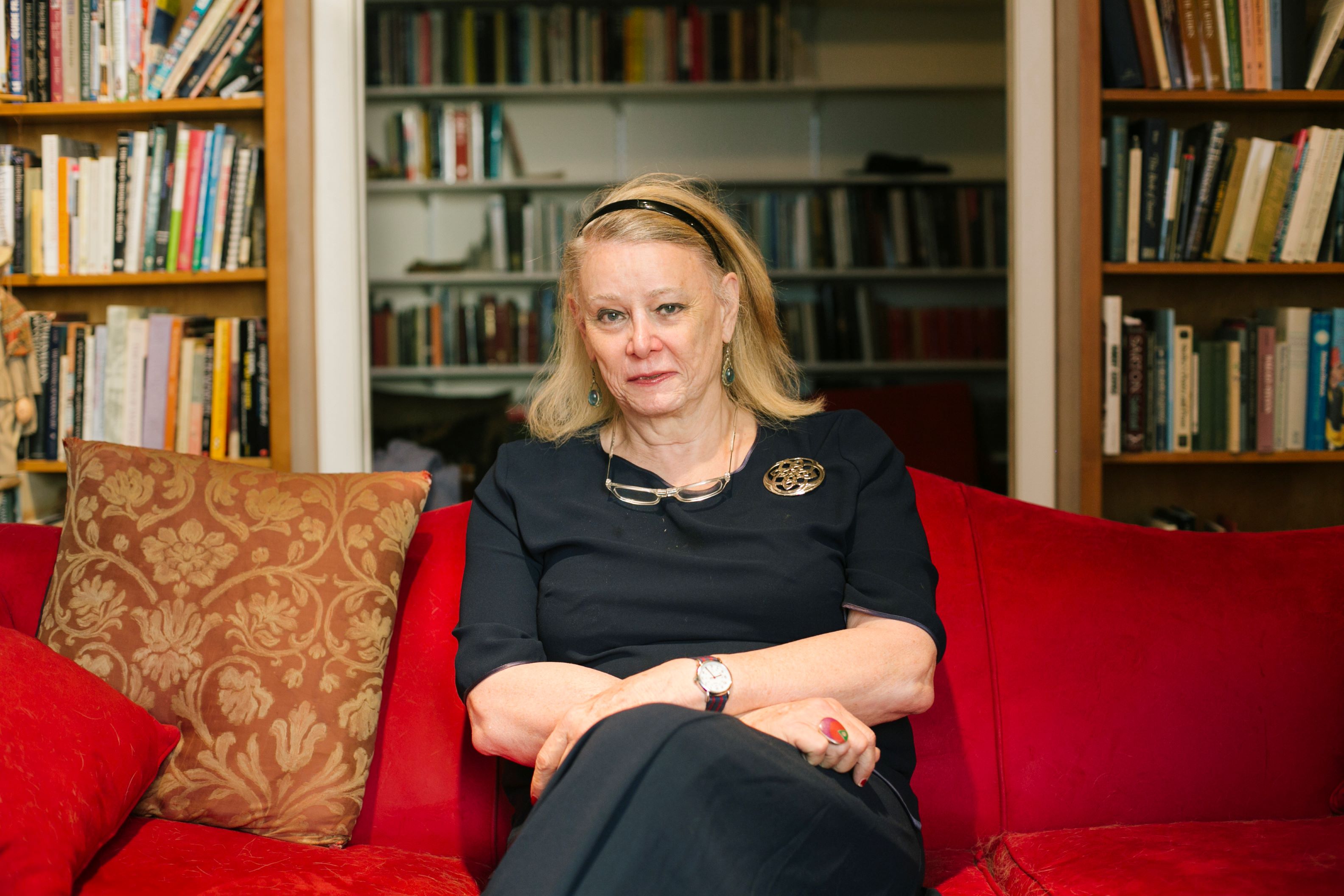
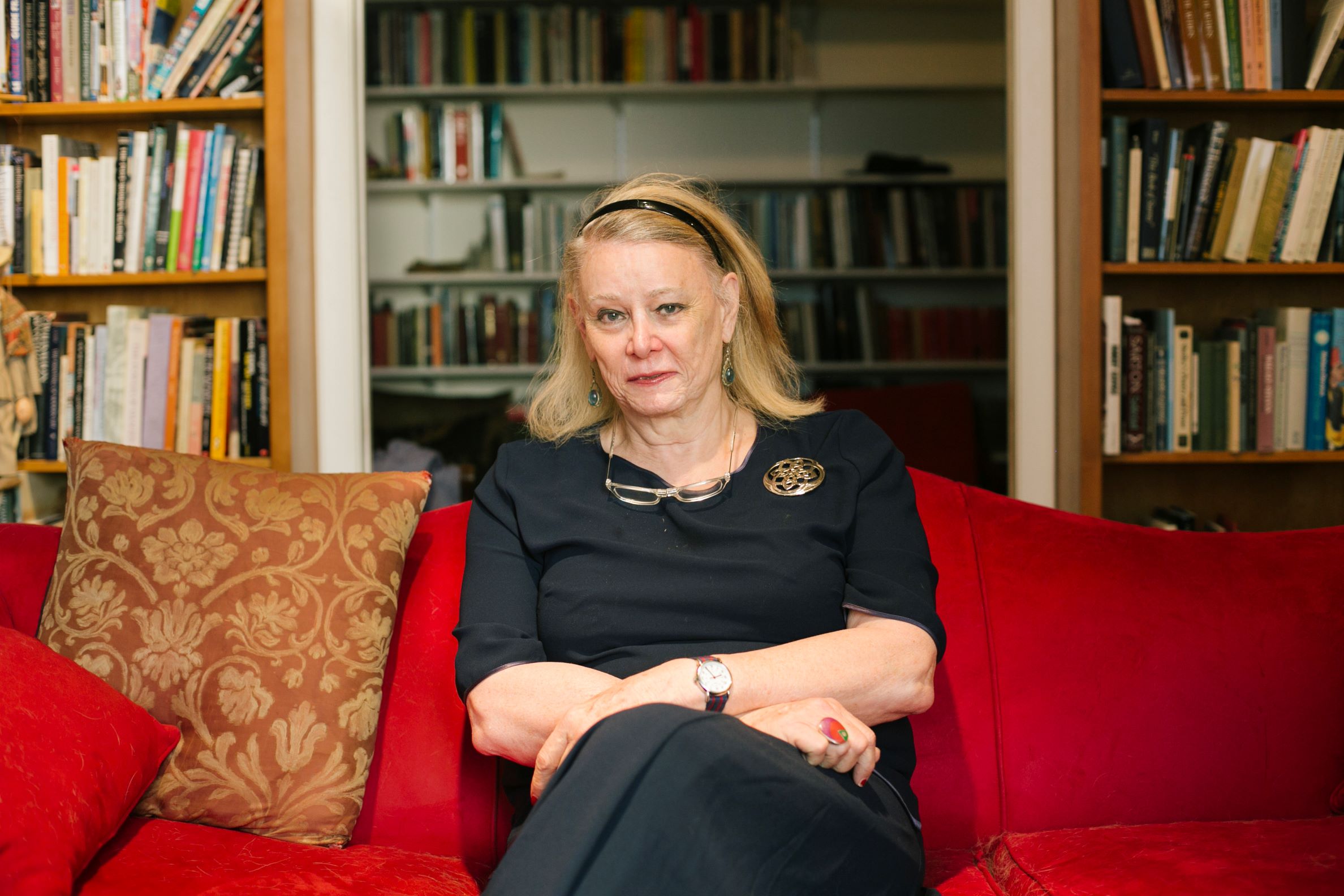
 Readers seeking bloodsport may be disappointed that we all agree on so much, but anyone seeking to understand how material progress has been obtained in the past and might continue to in the future will see how our refinements at the margins open up vast areas for further research.
Readers seeking bloodsport may be disappointed that we all agree on so much, but anyone seeking to understand how material progress has been obtained in the past and might continue to in the future will see how our refinements at the margins open up vast areas for further research.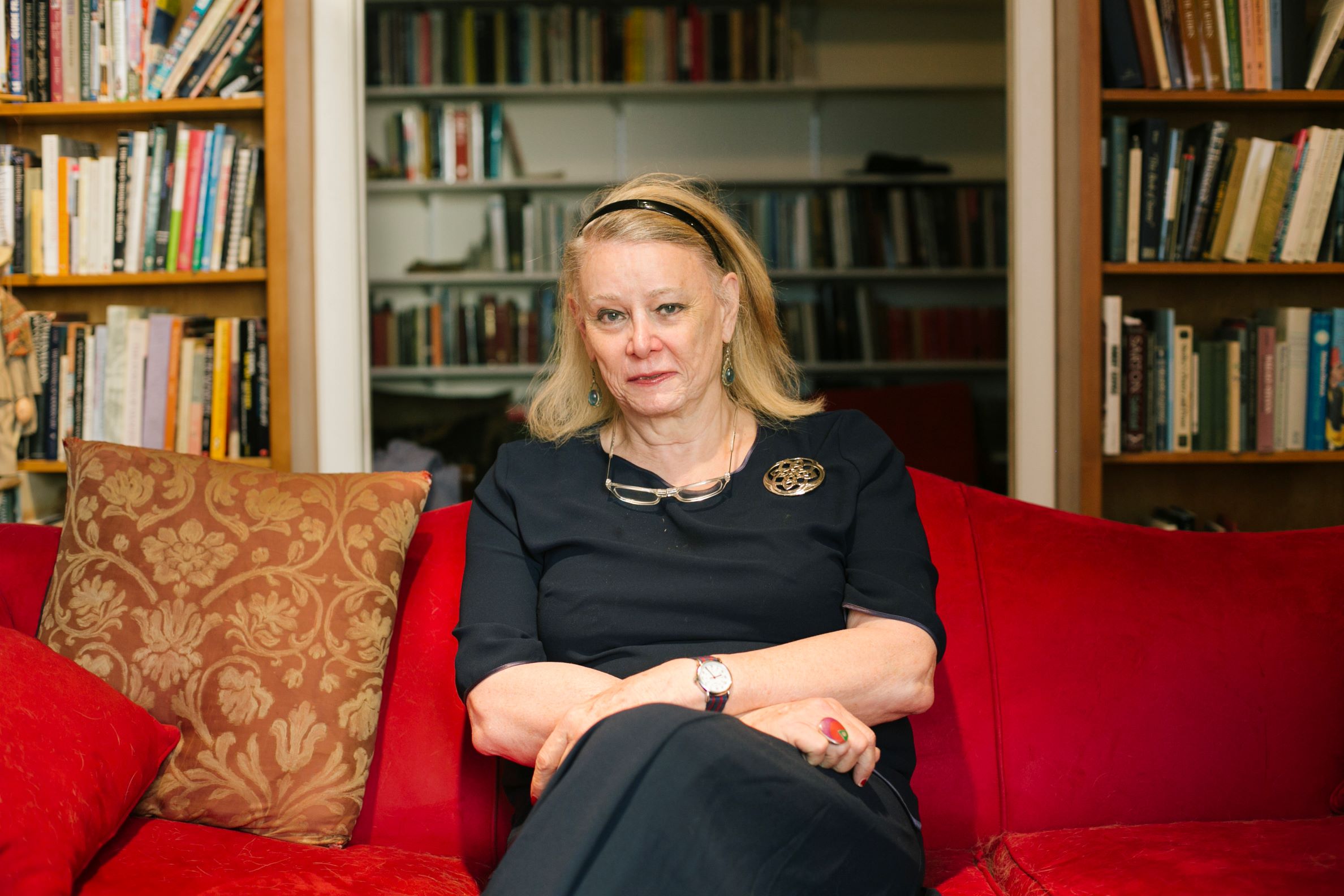
 Deirdre, your points are well taken. I still think you miss my point about the Netherlands – that the Dutch are free riders on what the English, French, Germans, and Americans created, especially in technology – not that they didn’t do well for their time. They prospered and had bourgeois values, but somehow that was not sufficient for them to produce the Industrial Revolution, which was the phenomenon your books wished to explain. If the presence of early British property rights without growth causes you to dismiss the role of institutions, I don’t see why a bourgeois Netherlands doesn’t weaken the case for values as a sufficient condition. As you yourself note, values and attitudes combine with appropriate institutions to produce Modern Economic Growth.
Deirdre, your points are well taken. I still think you miss my point about the Netherlands – that the Dutch are free riders on what the English, French, Germans, and Americans created, especially in technology – not that they didn’t do well for their time. They prospered and had bourgeois values, but somehow that was not sufficient for them to produce the Industrial Revolution, which was the phenomenon your books wished to explain. If the presence of early British property rights without growth causes you to dismiss the role of institutions, I don’t see why a bourgeois Netherlands doesn’t weaken the case for values as a sufficient condition. As you yourself note, values and attitudes combine with appropriate institutions to produce Modern Economic Growth. There’s much to say, but I content myself here to make only two brief points.
There’s much to say, but I content myself here to make only two brief points.
